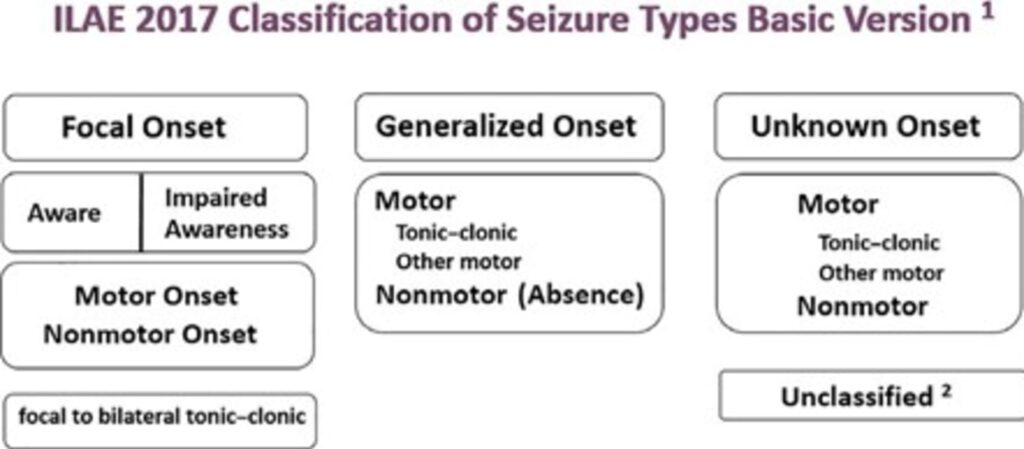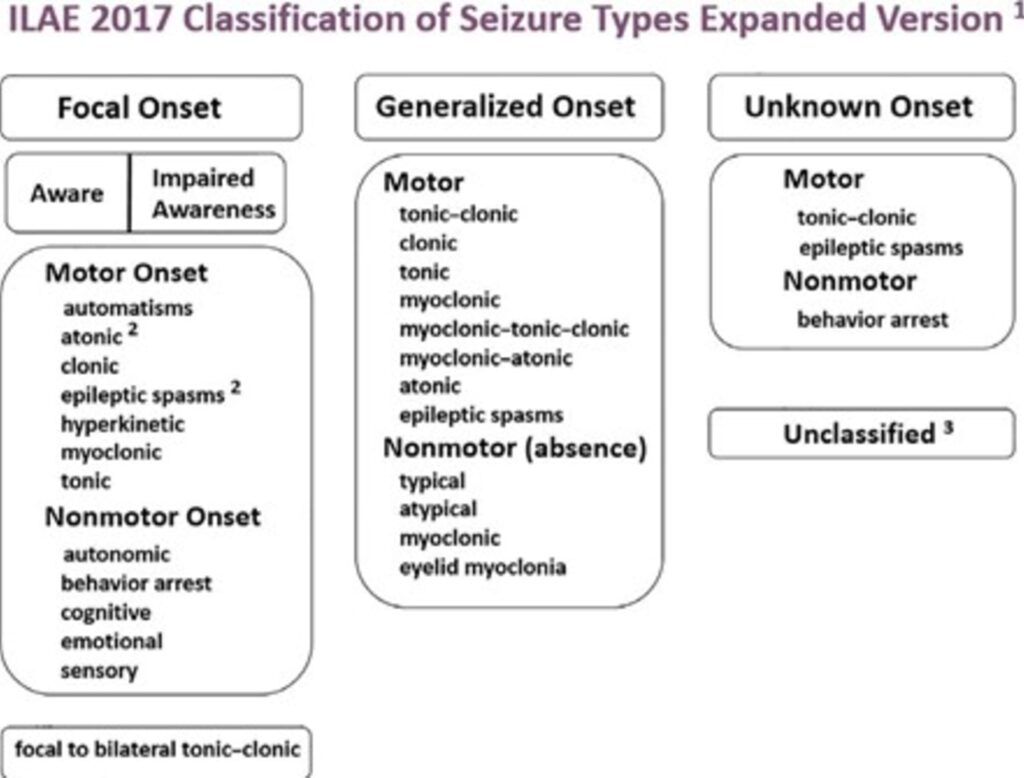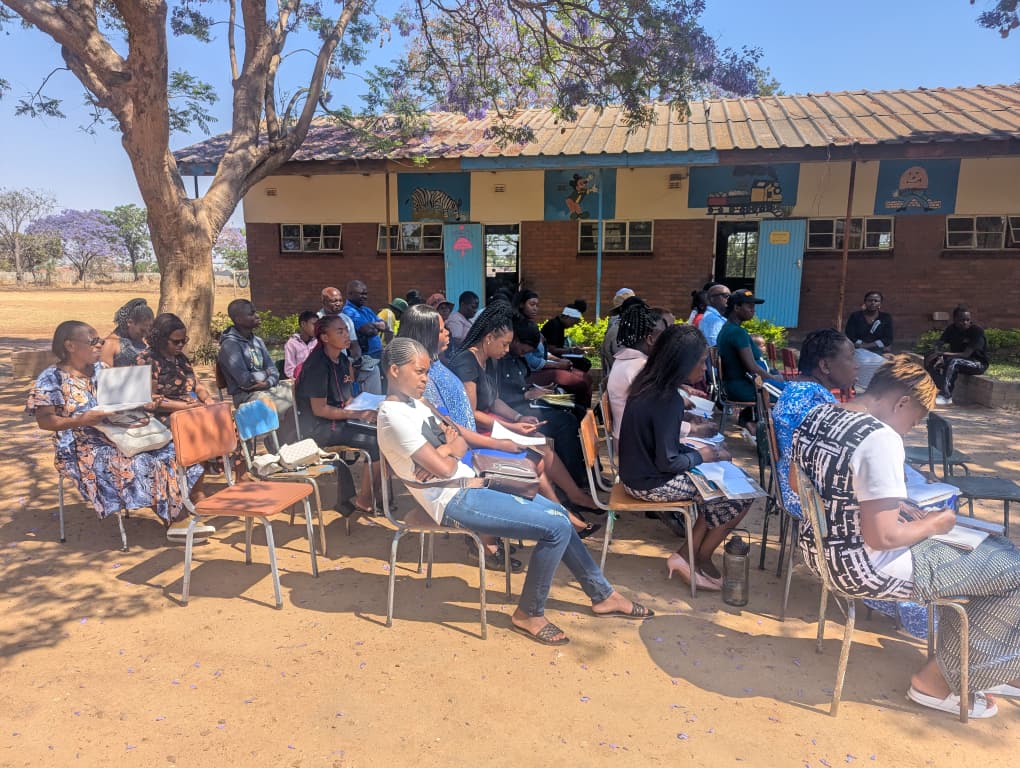
Presentation about ERCZ, stripes week and epilepsy: From Voices to Action: Recognising the Work of Grassroots Organisations
by Munashe Huvasa, Erina Nyahwema, Shumirai Marovanyanga, Zvanaka Mutasa and Kesley Mukome
Presented at Zebra Stripes Week Seminar 2025 at Sharon Cohen Special School, Unit K, Chitungwiza on 11 October 2025
About Epilepsy Resource Centre Zimbabwe (ERCZ)
History
The Epilepsy Resource Centre Zimbabwe (ERCZ) was formed in 2018 and registered in 2019 after the founders identified a gap in services and support for people with epilepsy in Zimbabwe, particularly in Chitungwiza and surrounding areas. In 2020, ERCZ became a member of the Epilepsy Alliance Africa (EAA) and began operating online during the COVID-19 pandemic.
Objectives
The objectives of ERCZ are to:
- Create a forum for organisations, support groups, and people with epilepsy to share ideas.
- Provide resources to help people affected by epilepsy overcome challenges associated with the condition.
- Support collaboration, upskilling, and networking among professionals working in epilepsy.
- Build the capacity of organisations and support groups for persons with epilepsy.
- Promote collaboration between medical and non-medical professionals to encourage evidence-based treatment of epilepsy in Zimbabwe.
- Advocate for legislation and policies that advance the rights and interests of persons with epilepsy.
- Undertake any other activities connected to or incidental to these objectives.
Our Aim (Vavariro Yedu)
To address the barriers that prevent people with epilepsy from living a seizure-free life.
(Kubvisa matambudziko anoita kuti vane pfari varambe vachigwinha.)
Social Services
- Social assessment and support
- Community work
- Counselling
- Research
Medical Services
- Electroencephalograph (EEG) (to begin soon)
- Tele-clinic
Purpose of the Seminar
The seminar commemorates Zebra Stripes Week, an annual event promoted by the Epilepsy Alliance Africa (EAA) to raise awareness about epilepsy.
Expectations
Participants will:
- Learn what epilepsy is
- Share facts and dispel myths about epilepsy
- Increase awareness and understanding
- Explore social and economic challenges faced by people with epilepsy
- Learn first aid and promote acceptance of people living with epilepsy
What is Zebra Stripes Week and Why is it Important?
The EAA, formed in December 2019, is an alliance of epilepsy associations across Africa. It introduced Zebra Stripes Week as a unified epilepsy awareness campaign that resonates with the African context.
The zebra was chosen as the symbol because its stripes represent belonging, unity, strength, visibility, and uniqueness. The week, held every third week of September, encourages communities to come together to raise awareness about epilepsy.
Why is Epilepsy Week Necessary?
Epilepsy remains a major health concern in Africa. Out of an estimated 10 million people living with epilepsy on the continent:
- About 70% still misunderstand epilepsy, with many believing it to be contagious
- Only about 25% (2.5 million) are receiving medical treatment, leaving a 75% treatment gap
- Of those receiving treatment, only about 25% have regular access to medicines
- Merely 5% have access to specialist care
- Around 25% of epilepsies are preventable
During Zebra Stripes Week, people are encouraged to:
- Wear or display zebra stripes
- Organise awareness events in schools, workplaces, and communities
- Share information through social media and storytelling
- Listen to and support the experiences of people with epilepsy
What is Epilepsy?
Epilepsy is caused by abnormal electrical activity in the brain that leads to recurrent seizures.
Causes of Epilepsy
- Complications at birth
- Severe head injuries
- Tumours
- Infections such as meningitis
- Stroke
- Hormonal changes
Common Types of Seizures
The International League Against Epilepsy (ILAE) classifies seizures into four main types: focal, generalized, unknown, and unclassified. Focal seizures begin in one area of the brain, while generalized seizures affect both sides of the brain from the start. Unknown onset refers to seizures whose origin isn’t clear, and unclassified seizures are those that don’t fit into the other categories.
Focal onset
Focal aware: The person remains aware during the seizure. They may involve motor (twitching, jerking) or non-motor symptoms (sensory changes, emotional changes).
Focal impaired awareness: The person’s awareness is affected. They may stare blankly, seem confused, or repeat actions (called automatisms).
Generalized onset
Motor:
These seizures involve physical movements. Examples include:
- Tonic-clonic: Stiffening of the muscles followed by jerking.
- Tonic: Sudden stiffening of the muscles.
Clonic: Rhythmic jerking.
Atonic: A sudden loss of muscle tone (also called “drop attacks”).
Myoclonic: Brief, shock-like muscle jerks.
Non-motor:
These seizures do not involve significant muscle movement and are often a type of absence seizure. Symptoms include a brief lapse in awareness, often with staring.
Other categories
- Unknown onset: Seizures where the origin is not known.
- Unclassified: Seizures that do not fit into any of the other categories.



Seizure Triggers
Seizures may be triggered by:
- Alcohol or drug use
- Lack of sleep
- Stress or anxiety
- Missing medication doses
- Flickering lights
- Illness or fever
- Hormonal changes
- Skipping meals or fasting
First Aid and First Guidance for Seizures
Do:
- Protect the person from injury
- Cushion their head
- Place them in the recovery position after the seizure
- Stay with them until they fully recover
- Reassure them calmly
Don’t:
- Restrain their movements
- Put anything in their mouth
- Move them unless in danger
- Give food or drink until recovery
Seek medical help if:
- It is the person’s first seizure
- The seizure lasts more than 5 minutes
- One seizure follows another without recovery
- There is serious injury
Prevention of Epilepsy
Although many causes are unknown, prevention is possible through:
- Regular antenatal care for expectant mothers
- Wearing helmets while riding bicycles or motorbikes
- Using seat belts in vehicles to prevent head injuries
- Avoid infections


